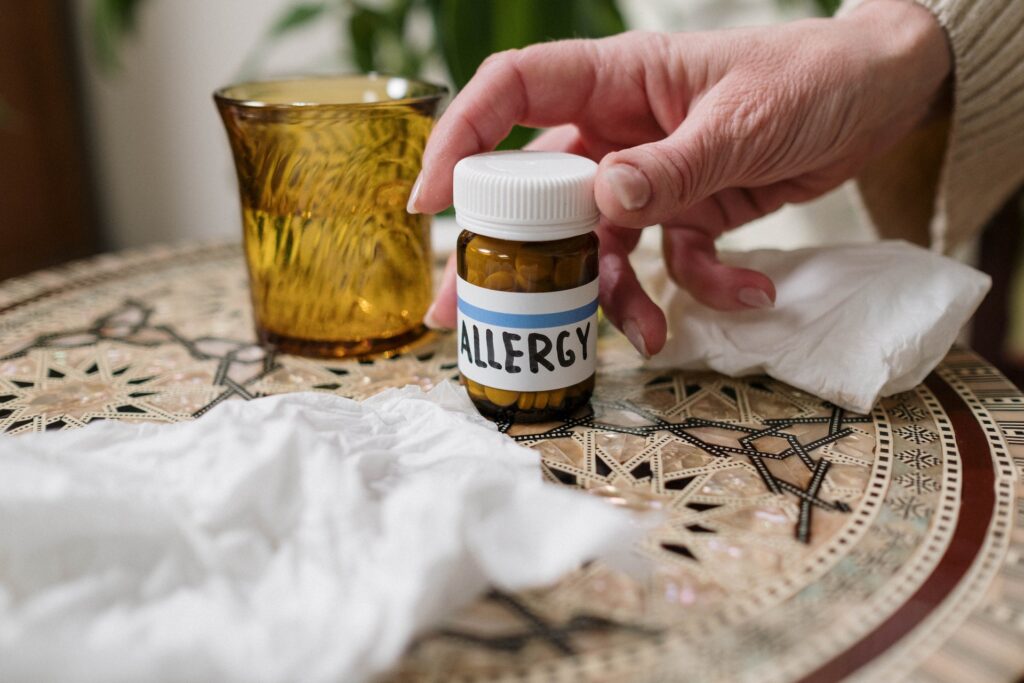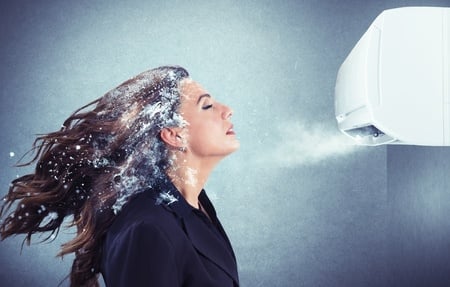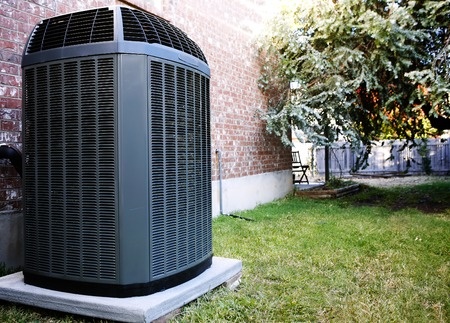As the summer season gets hotter and hotter, Georgia residents eagerly anticipate outdoor activities, longer days and even HVAC problems. However, for many, it also means dealing with seasonal allergies triggered by pollen, mold spores and other airborne allergens. To maintain a healthy and comfortable indoor environment, it’s essential to rely on a properly functioning HVAC system with efficient filtration. Here, Fritts Heating & Air will explore the impact of summer allergies in Georgia and how proper HVAC filtration can help with allergic symptoms and promote better indoor air quality.
Understanding Summer Allergies
Georgia’s warm and humid climate creates the perfect breeding ground for various allergens, particularly during the summer months. Common allergens in the region include pollen from trees like oak, pine, and maple, as well as grasses and weeds like Bermuda, ryegrass, and ragweed. Mold spores are also prevalent in moist environments, especially in poorly ventilated areas, basements, and bathrooms. These allergens can enter your home through open windows, doors, and even on your clothing and shoes, leading to indoor air contamination and allergy flare-ups.
The Role of HVAC Filtration
Your HVAC system serves as a point of defense against airborne allergens by filtering out particles and pollutants from the indoor air. The filtration process prevents allergens from circulating through your home and significantly improves indoor air quality. However, not all HVAC filters are equal, and using the right filter can make a significant difference in combating allergies during the summer months.
Types of HVAC Filters
- Fiberglass Filters: Fiberglass filters are the most basic and commonly found filters. While they are inexpensive, they provide only minimal protection against larger particles and offer little help in combating allergies effectively.
- Pleated Filters: Pleated filters have a larger surface area and are more efficient than fiberglass filters. They can trap smaller particles, including some allergens, and are popular for residential HVAC systems.
- High-Efficiency Particulate Air (HEPA) Filters: HEPA filters are the gold standard for air filtration. They can capture particles as small as 0.3 microns with an efficiency of 99.97%. Using HEPA filters can significantly reduce allergens and provide relief to allergy sufferers.
Choosing the Right Filter for Allergy Relief
When it comes to summer allergies, selecting the appropriate HVAC filter is crucial. Here are some factors to consider:
- Filter Efficiency: Opt for filters with higher Minimum Efficiency Reporting Value (MERV) ratings. Filters with MERV ratings between 8 and 13 can effectively trap allergens without putting too much strain on your HVAC system.
- HEPA Filters: If you or your family members suffer from severe allergies, investing in a HEPA filter for your HVAC system can be a game-changer. HEPA filters are capable of capturing even the tiniest allergen particles, providing maximum relief.
- Regular Filter Changes: No matter which filter you choose, it’s essential to change it regularly. Clogged and dirty filters hinder airflow and reduce filtration efficiency, leading to a rise in indoor allergens.
- Call Fritts Heating & Air: Seeking advice from HVAC professionals can be beneficial. Fritts can assess your specific needs, recommend suitable filters, and ensure your HVAC system functions optimally.
Additional Tips for Allergy Relief
While proper HVAC filtration plays a pivotal role in combating summer allergies, there are other measures you can take to improve indoor air quality and reduce allergen exposure:
- Keep Windows and Doors Closed: To prevent outdoor allergens from entering your home, keep windows and doors closed during peak pollen times, especially in the morning and on windy days.
- Regular Cleaning: Dust, vacuum, and mop your home regularly to remove allergens that may have settled on surfaces.
- Control Humidity: Use a dehumidifier to maintain indoor humidity levels between 30% to 50%, reducing the growth of mold and dust mites.
- Air Purifiers: Consider using standalone air purifiers with HEPA filters in specific rooms for extra air cleaning.

Call Us Today!
Georgia’s summer allergies can be a challenging experience for many, but with the right HVAC filtration and indoor air quality practices, you can create a comfortable and allergy-friendly home. By choosing the right HVAC filter, maintaining your system, and implementing additional allergy-reducing measures, you can enjoy a summer season free from allergens, making the most of the warm weather and outdoor activities. Prioritize your health and well-being by prioritizing your indoor air quality this summer.
Need HVAC service, AC repair, or a smart thermostat installed? You can rely on Fritts. We provide heating and cooling services for air conditioning repair, commercial HVAC, furnace repair, smart thermostat installation, HVAC repair and installation, and more. We also offer HVAC financing options.



